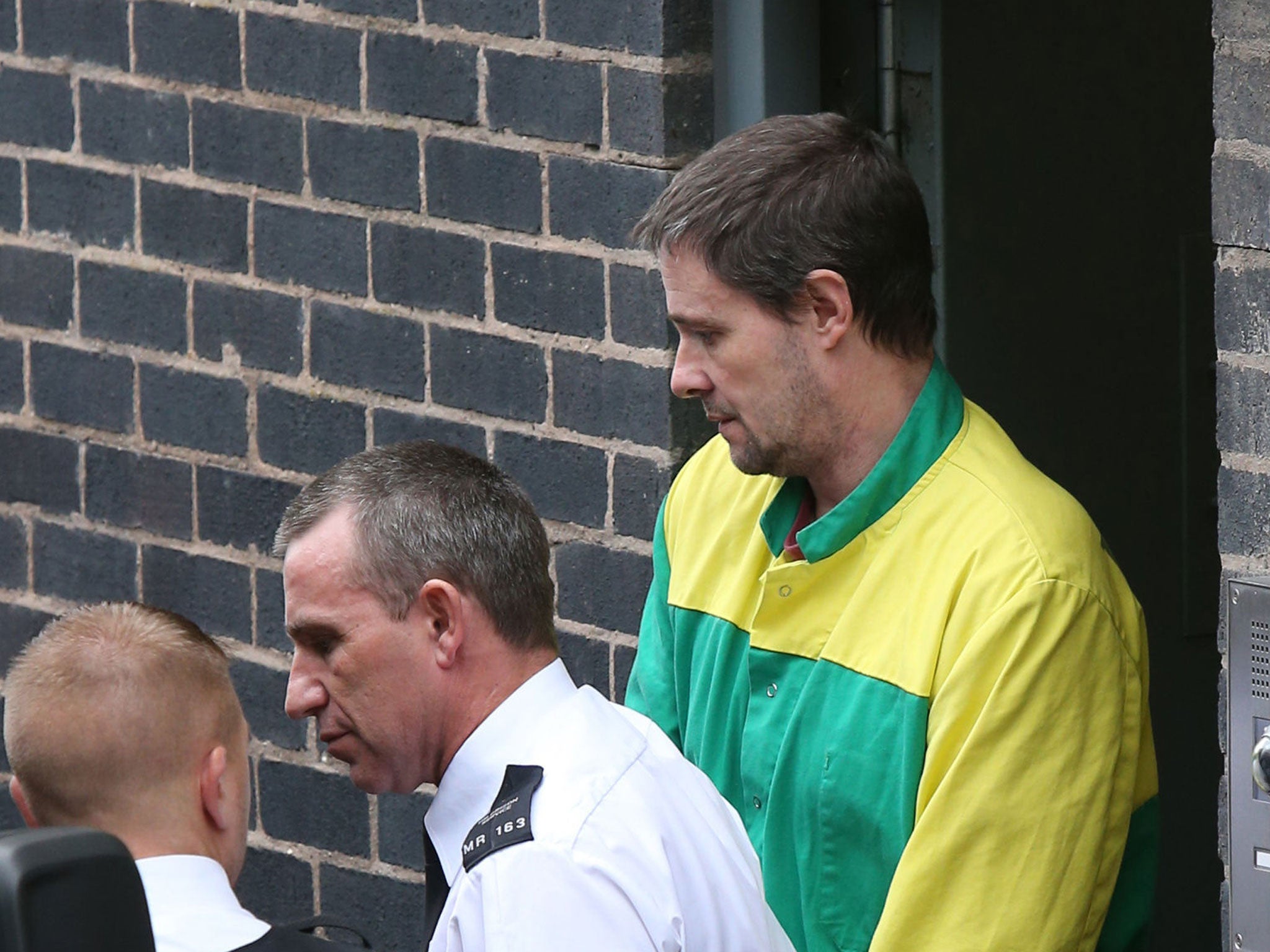Campaigners urge government criminalise pornography featuring scenes of simulated rape in wake of April Jones and Tia Sharp murders
More than 100 campaigners have written to David Cameron urging possession of the material be made a criminal offence

Your support helps us to tell the story
From reproductive rights to climate change to Big Tech, The Independent is on the ground when the story is developing. Whether it's investigating the financials of Elon Musk's pro-Trump PAC or producing our latest documentary, 'The A Word', which shines a light on the American women fighting for reproductive rights, we know how important it is to parse out the facts from the messaging.
At such a critical moment in US history, we need reporters on the ground. Your donation allows us to keep sending journalists to speak to both sides of the story.
The Independent is trusted by Americans across the entire political spectrum. And unlike many other quality news outlets, we choose not to lock Americans out of our reporting and analysis with paywalls. We believe quality journalism should be available to everyone, paid for by those who can afford it.
Your support makes all the difference.Pornography featuring scenes of simulated rape must be banned, according to over 100 campaigners who have written to David Cameron urging possession of the material be made a criminal offence.
The letter says that images of staged rape encourages sexual violence to be seen as “entertainment” and that it “glorifies, trivialises and normalises” the abuse of women.
Noting that both Mark Bridger and Stuart Hazell – recently convicted of murdering of murdering April Jones and Tia Sharpe respectively – were users of “violent and misogynistic pornography”, the campaigners argue that pornography featuring scenes of simulated rape has the potential to cause “huge cultural harm”.
Citing US research into the effects of simulated rape, the letter goes on to say there is a demonstrated link between “arousal to rape material and a propensity to rape”.
The letter comes in response to a Ministry of Justice statement that said there is “no evidence” such material harms society and that it would remain perfectly legal in England and Wales providing the actors are over 18.
Pornography featuring scenes of simulated rape are already banned in Scotland, but legislation introduced UK-wide in 2008 making it an offence to possess “extreme” pornography did not cover images of rape.
Writing to campaigners in May, Dave Pearson from the Ministry of Justice’s criminal policy unit, said: “We have no evidence to show that the creation of staged rape images involves any harm to the participants or causes harm to society at large.“
He added that the Internet Watch Foundation had compared real and simulated rape images and believed “all the content they examined to be staged”, drawing a distinction between films portraying actual rape and those where “high quality technical production values” make simulation obvious.
Mr Pearson acknowledged campaigners' concerns about staged rape “potentially glorifying sexual violence and somehow encouraging a failure to take such violence seriously”, but added: “However, we are not convinced that evidence for this is any more than anecdotal and cannot, therefore, be used to justify a change in the law.”
That statement led to number of responses from the campaigners, which includes the deputy children’s commissioner for England, Sue Berelowitz.
Rape Crisis South London campaigner Fiona Elvines said: “It is a serious omission not to have included images depicting rape and other non-consensual acts as they did in Scotland.
She added: “This is not about making a distinction between real and simulated rape and child sexual abuse, with the latter being perfectly lawful to possess as long as it is 'fantasy' and actors are over 18.
Ms Elvines went on: “Permitting the possession of depictions of sexual violence as entertainment glorifies, trivialises and normalises such abuse.”
Holly Dustin, the director of the End Violence Against Women coalition, said “If [the government] is really serious about keeping its promise, it must look at the cultural backdrop against which women and girls are abused… ‘Rape porn' glorifies sexual violence and undermines the government's work.”
Speaking to the BBC, Professor Clare McGlynn, an expert in rape law at Durham University, said: “I was surprised at the Ministry of Justice position and thought it was regrettable.
She added: “It goes against the spirit of measures already in place in this country and also against the thinking of the current and previous governments about the need to take steps to prevent rape.
Professor McGlynn went on: “It should be quite straightforward to change the law and show that we don't think it's acceptable to get sexual excitement from pornographic images of rape.”
In response to the letter, a government spokesperson said: “Rape is an abhorrent crime and that is why this government has driven forward significant progress in tackling violence against women and girls.
“We share the public's concern about the availability of harmful content on the internet and have already taken steps to ensure there are better online filters to protect children.
“But we want to look at what more can be done and so the culture secretary [Maria Miller] has invited internet providers to a summit this month. We will look closely at the issues raised in this letter.”
Join our commenting forum
Join thought-provoking conversations, follow other Independent readers and see their replies
Comments